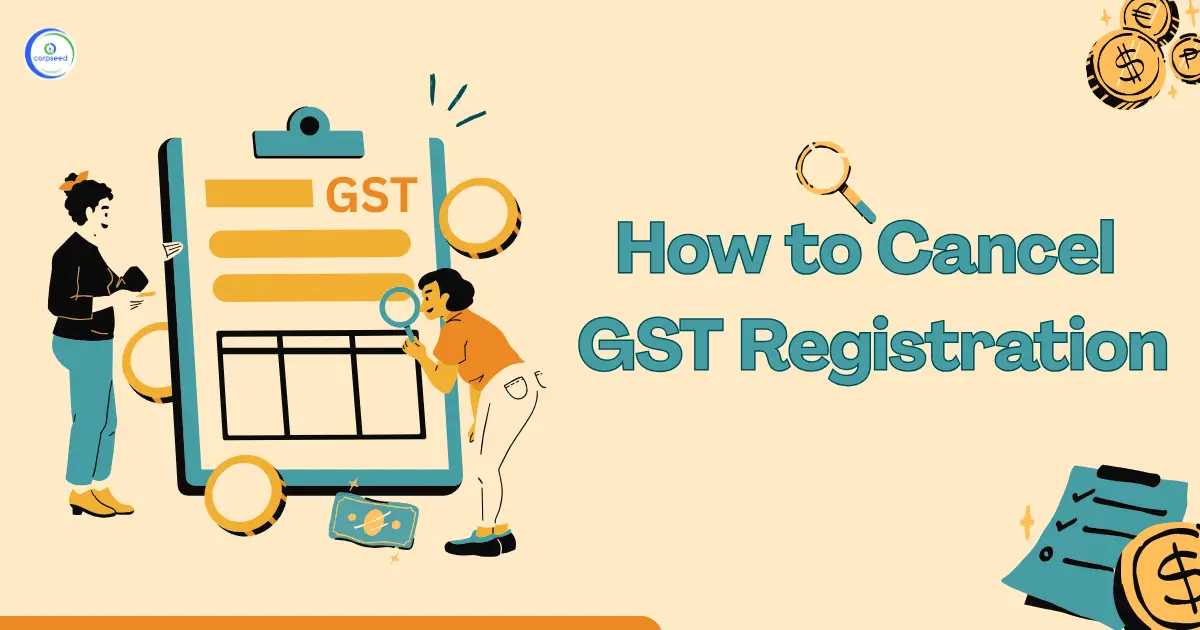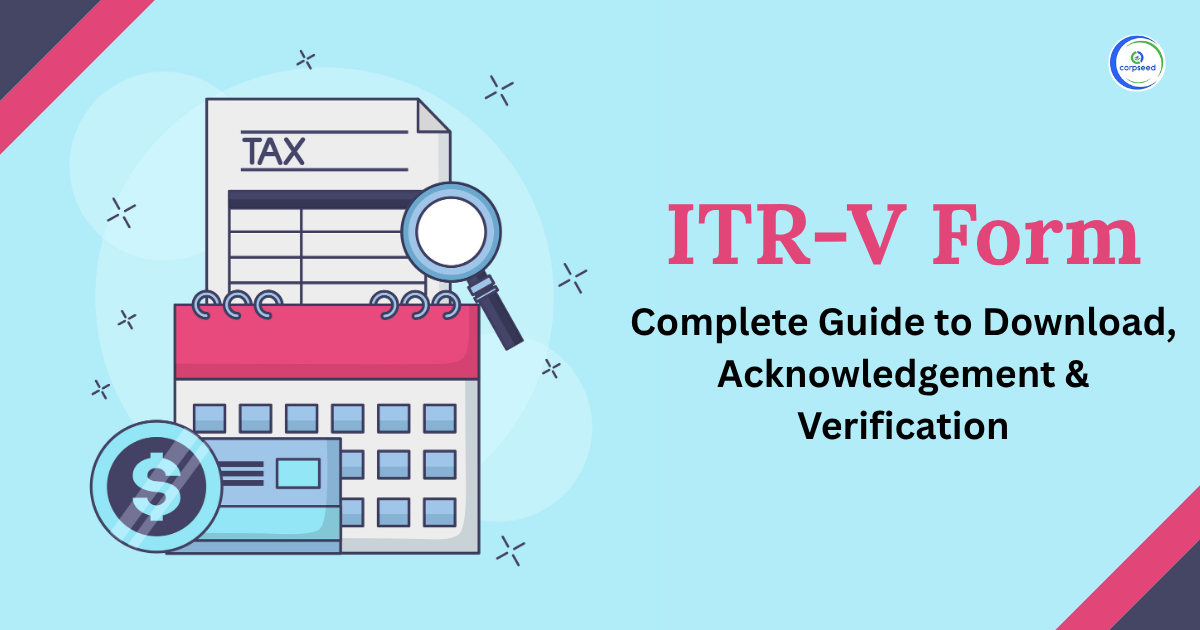Complying with the tax system will be crucial for all sole proprietors. The simple business structure makes it very easy to fall behind on taxes. The consequences may include penalties, interest, and even a court case without observance of the tax rules. However, it can save some costs, such as staying on top of deadlines, good records, and claiming the right deductions.
What are Tax Compliance Strategies?
Tax compliance strategies will help you obey tax laws. They incorporate the reporting of proper income and claims for deductions. Your taxes have to be filed correctly. Up-to-date information concerning tax laws reduces risks. Tax planning helps lower what you owe. It is also key to keep financial records in good form. This way, you can avoid penalties and audits. Some businesses use tax credits or incentives to pay less. All these are strategies to manage taxes smartly and lawfully, thereby making sure that one has met his tax obligations. In the final analysis, the use of this strategy will keep things smooth with tax authorities.
Table of Contents
- What are Tax Compliance Strategies?
- Top Tax Compliance Strategies for Sole Proprietorships
- Tax Filing Requirements
- Record Keeping
- Maintain Personal and Business Account Separate
- Leverage the tax deductions available to you
- Know and Pay Self-Employment Taxes
- Estimated Quarterly Taxes Consideration
- Hire a Tax Professional
- Stay Up to Date on Changes to Tax Law
- Be Prepared for Audit Opportunities
- Stay Organized Year Round
- Conclusion
--------------Blog Contact Form-------------
Top Tax Compliance Strategies for Sole Proprietorships
Tax Filing Requirements
Familiarize yourself with your return. This incorporates both income and expenses that pertain to your business.
Income Tax
- You will report business earnings in your tax return on Schedule C.
Self-Employment Tax
- You pay the equivalent of both the employer and the employee portions of Social Security and Medicare, just like a sole proprietor. It's called self-employment tax.
Quarterly Taxes
- You pay taxes four times a year because the employer does not withhold tax from your income.
Action Steps
- Understand Form 1040 Schedule C.
- Understand how to use Schedule SE to calculate the self-employment tax.
- Note the Quarterly Tax Payable dates: April, June, September, and January.
Record Keeping
Keeping all the necessary records is as important as it gets. You need to have all the accurate records to fill out your right tax returns.
Why It Matters: This will help you to calculate your taxable income; support any or all requested deductions; and even in case of an audit by the IRS, protect you from being contradicted by your records.
Important Records to Keep
- Receipts: Keep them for business expenses
- Invoices: Keep track payments received for the work done
- Mileage Logs: Keep the record to track mileage in car while on a business trip.
- Utility Bills: If you work from home, these bills may be used for an offset deduction.
Best Practices
- Use accounting software.
- Set receipts and invoices by category.
- Always regularly back up digital records.
Maintain Personal and Business Account Separate
You do not necessarily have to open a different business checking account. But it makes things easier. Separation of accounts or funds would make accounting clearer and result in clearer deductions for tax purposes.
Benefits of Separate Accounts
- Simplified Accounting: You can easily maintain records of income and expenses.
- Clear Deductions: Help identify expenses related to business to avail tax deductions.
- Keep Away from IRS Scrutiny: By commingling personal funds with business funds, you may invite an audit.
Action Steps
- Open a separate bank account for your business.
- Business: Avail of a business credit card for business expenses.
- Transfer personal income to your account and document it well.
Leverage the tax deductions available to you
Deductions can lower your taxes. Just make sure, though, that they are legit and documented.
Examples of Common Deductions
Home Office
- If you work from home but use part of your house to do so, you are permitted to deduct a portion of your home expenses.
Auto Expenses
- You can deduct costs associated with your auto use if it's used for business. You can either take actual costs or use the IRS mileage rate.
Business Supplies
- Deduct office supplies, software, and other business equipment that cost you money.
- Travel Expenses: Reimburse the expenses of business trips, food, lodging, etc.
- Health Insurance Premiums: Mostly you can claim all.
Action Steps
- While following IRS rules for any deduction
- Keeping proper records on every single deduction.
Know and Pay Self-Employment Taxes
Self-employment tax pays Social Security and Medicare. It stands at 15.3% in total, or 12.4% for Social Security and 2.9% for Medicare. You also subtract half of your self-employment tax.
Calculation
- Use Form Schedule SE to compute your self-employment tax. You also subtract half of this amount from your return.
Action Steps
- Determine your self-employment tax early
- Save money throughout the year.
- Pay quarterly taxes to avoid penalties in case of overpayment.
Estimated Quarterly Taxes Consideration
You don't pay taxes on any of your income, because you have no taxes withheld. Instead, you have to make estimated payments each quarter. These are both income and self-employment taxes.
How to Compute Estimated Taxes
- Estimate your total income for the year.
- Estimate all of your deductions for the year.
- You may calculate your expected payment using Form 1040-ES.
Benefits of Making Quarterly Payments
- Avoid large tax bills.
- Avoid penalties for underpaying estimated taxes.
Action Steps
- Open a savings account for tax payments.
- Account for every payment.
Hire a Tax Professional
As your business grows, taxes are complex. A professional can keep you abreast of tax changes and take all your deductions.
When to Hire a Professional
- You feel overwhelmed by the tax code.
- Your business grows quickly or income significantly fluctuates.
- Help to minimize the chance of audit or penalty.
Benefits
- Pros identify more deductions you missed.
- They provide in filling out right and on time returns.
Action Steps
- Find a tax professional who knows about sole proprietorships.
- Use the same pro for consistency.
Stay Up to Date on Changes to Tax Law
Tax law is constantly changing. Stay updated on changes which may affect your business.
Resources
- IRS Website: Learn about tax law changes.
- Tax Professionals: They'll let you know if there have been any changes.
- Newsletters: Subscribe to small business tax updates.
Action Steps
- Stay updated on changes made to tax law.
- Update how you file and how you keep your records when changes occur.
Be Prepared for Audit Opportunities
It's a remote possibility, but could happen. Single proprietors are a little more likely to be audited because their work is so straightforward and they can take so many deductions.
Best Practices
- Account for all income accurately.
- Take only proper deductions.
- Keep records for at least three years
Action Items
- Make sure your return is correct over and over before you mail it.
- Save all cash register tapes and supporting documentation
- Be quick to respond if the IRS reaches out to you.
Stay Organized Year Round
Tax time can be effortless if you stay organized all year. An initiative approach will save you time, stress, and money.
Year-Round Organization Tips
- Monthly Reviews: Take some time each month to go over your income and expenses. Ensure every entry is correct.
- Automate Your Tracking: Use accounting software to track your finances. This avoids misentries.
- Create a Tax Calendar: Keep track of when your taxes are due. Enter when you pay estimates and due dates of submissions.
Benefits
- Gives you more ease when the tax season comes.
- Missed mistakes are sooner found.
- You will have an easy time gathering the necessary documents for submissions
Action Tasks
- Set reminders for your monthly check-up and any other important dates.
- Automatically back up your financial data do not lose it.
- You will keep your tax papers in one safe place so that you'll find them immediately.
Conclusion
For a sole proprietor, tax compliance is most important. Do not worry; staying organized helps to avoid errors and stress. Use strategies to manage your taxes well. Maintain accurate records as well as separate your finances. Do not forget claiming some valid deductions. Pay your self-employment taxes on time. Try making estimated payments to avoid any surprise you will get at the end. Hiring a tax professional can also help. Stay updated on any changes in tax law. These steps ensure smooth dealings with tax authorities and allow your business to grow confidently.
This portion of the site is for informational purposes only. The content is not legal advice. The statements and opinions are the expression of author, not corpseed, and have not been evaluated by corpseed for accuracy, completeness, or changes in the law.
BOOK A FREE CONSULTATION
Get help from an experienced legal adviser. Schedule your consultation at a time that works for you and it's absolutely FREE.









